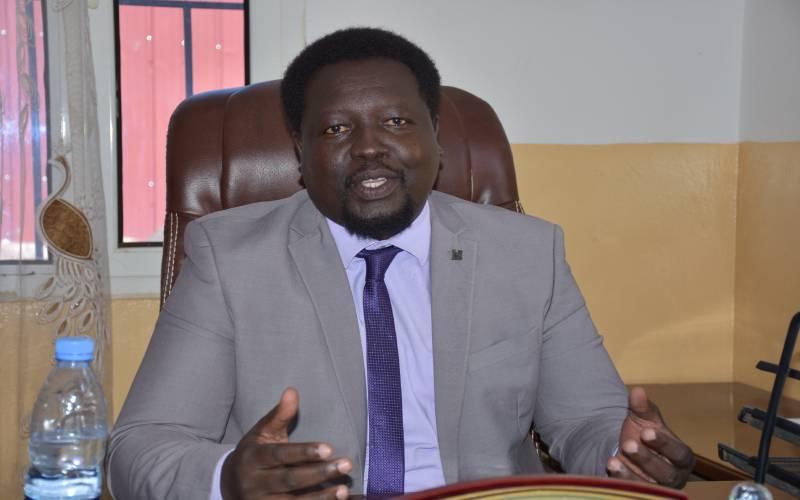Africa-Press – South-Sudan. The state ministry of Northern Bahr el Ghazal State has hailed the majority of its employees in the finance section for their mastery of financial management.
The Director-General of Finance, Planning and Investment in Aweil County, John Karlo Dut, said this had simplified their auditing process at the national level because their submissions had little or no objections.
“We submitted two reports and we also had the audit general visit the states. So, through the help of the initiative, we were able to know what the reporting system is, “Dut said.
Dut spoke to journalists last week in Aweil County about how public financial management capacity building provided by the United Nations Children’s Fund (UNICEF) benefited their workforce.
The training took place in three states across the country: Northern Bahr el Ghazal, Western Equatoria, and Central Equatoria.
The program, which finished last year, provided capacity building, budget transparency, and accountability to the ministries of finance in the three states and at the subnational level.
The UN Resident Coordinator’s Office, UNDP, and UNICEF are supporting this Joint SDG Fund Programme, which aims to improve national and subnational public financial management so that national budget allocations for national priorities and social services grow.
Dut explained that the training developed for them is one of the simplest templates for reporting that is easy for the workers to get knowledge on how to make reports.
“On the public finance management and on the budgeting side, I think all our staffs here in both sections of accounts and budgets know what to do and we are implementing our activities with no challenge,” Dut said.
Angelo Atuer Diing, director of planning and budgeting in the state ministry of finance, planning, and investment in the NBGS, is one of the employees who benefited from the training.
“We have learned a lot from this budget, and within the same budget, we have decided to involve every citizen to participate fully in the state budget preparation system, so this is how the training has helped,” he explained.
In order to support the PFM, he encouraged UNICEF to provide more training in the states.
Eliaba Yona Damundu, UNICEF’s Social Policy Specialist, spoke to The City Review in Aweil last week about the organisation’s budget transparency component, which entails publishing budget data so that the public can understand what is going on in the public financial management space, particularly during a fiscal year.
“The capacity-building component enables state ministries that are responsible for reporting all of the funds granted to them by their state ministry of finance to report back to Juba, the treasury, completing the cycle of disbursement and reporting,” he said.
Damundu claimed that the culture of accountability was harmed as a result of the wars of 2013 and 2016 when budgets were not completed on time.
“We are hopeful that this accountability framework that was established basic on the Public Financial Management Act 2011 is now being brought back into the system,” he said.
For More News And Analysis About South-Sudan Follow Africa-Press






